Hair loss is very common in dogs and cats but too much of it must not be ignored. Here are common causes of hair loss in dogs.
Every dog sheds hair and it protects their skin from the harmful rays of the sun, pollution and also aid in getting rid of the old or damaged hair. How much hair a dog would lose depends on the breed or the time of the year. Those with a double layer of fur shed more than those with single layer of fur. However, if you notice excessive hair loss in your dog accompanied by bad patches, redness, licking and itching, you must consult a vet to find out the underlying cause behind this too much shedding. There could be an array of reasons from allergy, skin parasites, nutritional deficiency, to wrong foods.
"Hair loss is very common in dogs and cats but too much of it must not be ignored and a vet's advice must be sought immediately. There could be many factors behind it from autoimmune fungal, bacterial, or hormonal which could lead to secondary infections. We should also consider nutrition as mineral and vitamin deficiency can also be the cause of hair loss in dogs and cats. Worm infestation, allergies to certain foods, environment and certain plants could add to hair loss in pets.
So early diagnosis makes the condition easier to treat and helps our pets to have happy life," says Dr Vinod Sharma, Head of Veterinary Services at DCC Animal Hospital.
"Shedding in dogs is a normal bodily function for regulating their body temperature. Excessive shedding, however, is a cause for concern and may generally be characterized by bald patches, rashes, redness, and excessive rubbing or licking. There are a few reasons that cause excessive shedding. Firstly, check your dog’s diet. Diet is the most important factor in maintaining holistic health. A lack of proteins and other important nutrients may cause excessive shedding. Another reason could be skin parasites like ticks, fleas, and mites. It must be treated immediately to avoid inflammation and other skin infections. They may also be allergic to certain foods or medicines. Lastly, a change in a dog's environment, food, and/or daily routine can be stressful for them, causing hair loss along with redness or rashes," says Dr Nikita Singh, Senior Veterinary Officer at Wiggles.
"Nutritional deficiencies are one of the biggest causes of hair loss which are often underestimated. Apart from that, infections such as bacterial and fungal infections, infestations by parasites like ticks and fleas can all lead to fur loss. You must consider visiting a veterinarian if your dog is losing too much hair as in some cases, it can indicate a hormonal imbalance," says Dr Nameeta Nadkarni, Consulting Vet - PetKonnect.
"Dogs can lose fur in response to flea or skin mite infestations. When fleas bite, their saliva causes an immune response in the body. Puppies that are allergic to flea saliva will develop a full-body reaction with intense itching and inflamed skin. They often suffer from hair loss, ulcers and infections due to licking, scratching and chewing on the skin," says Karan Gupta- Founder of Goofy Tails- Nutrition Focused Pet Products company.
SOME CAUSES OF HAIR LOSS IN DOGS
ALLERGIES
"Allergies are a common and persistent problem for many dogs. Just like humans, dogs can be allergic to almost anything, from ingredients in their food to environmental factors. Although respiratory symptoms may occur, dogs are more likely to have skin reactions when exposed to allergens," says Gupta.
MALNUTRITION
Malnutrition is rarely a problem for dogs in loving homes unless there is competition from other pets. However, some pups have stricter dietary needs than others. Growing puppies require higher calories, protein and fat to develop, and dogs with certain medical conditions may also need to adjust their diet to maintain healthy skin and coat, says Gupta.
LACK OF REGULAR GROOMING
"It is important to keep your pets clean and groomed. Regular grooming also keeps your dogs healthy. A few steps to keep your dog’s healthy and well-groomed are frequent coat brushing, regular bathing, trimming your dog's overgrown fur, and occasional flea and tick sprays. Make sure you use the right care products for the best results. You can also use coconut oil regularly to massage your pet as it helps with itching and adds shine to the coat," says Gupta.
POOR DIET
Poor diet and nutrition can also be the cause of excessive shedding in dogs. Invest in quality food for your dogs that do not contain any fillers. Adding olive oil to your dog’s diet can also help. Make sure your dog has access to clean drinking water, says Gupta.







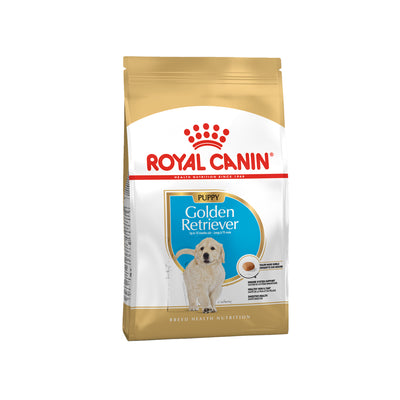
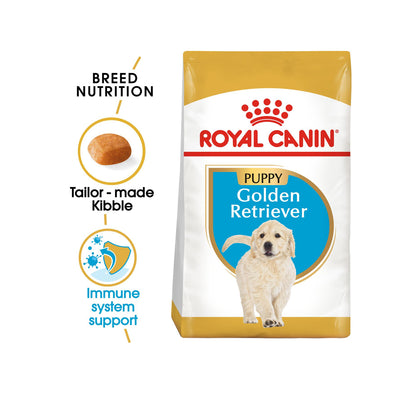
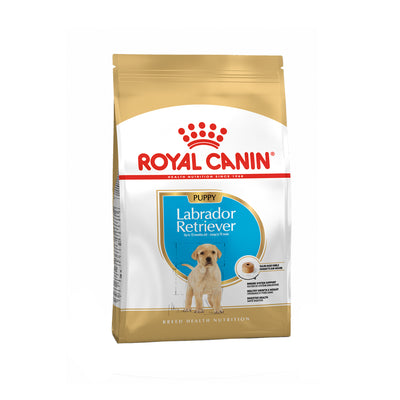
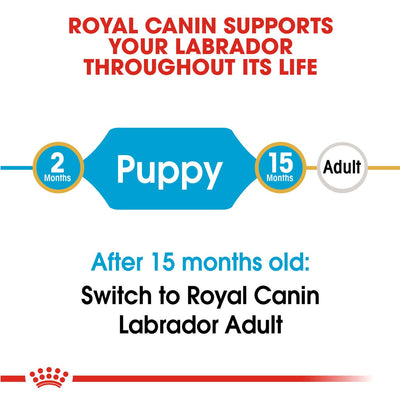
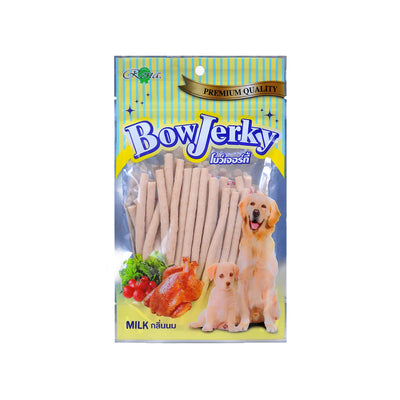
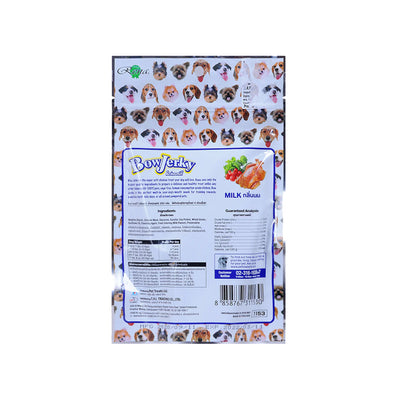

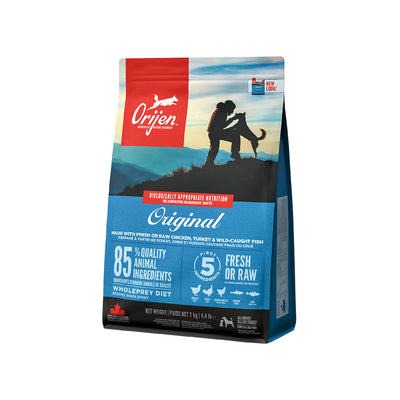
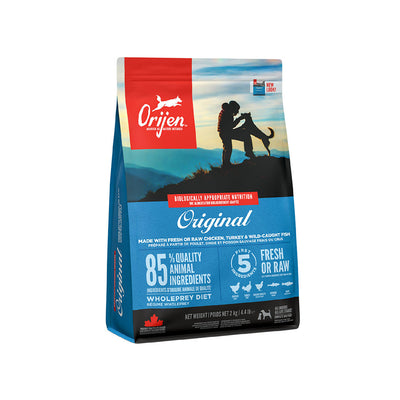
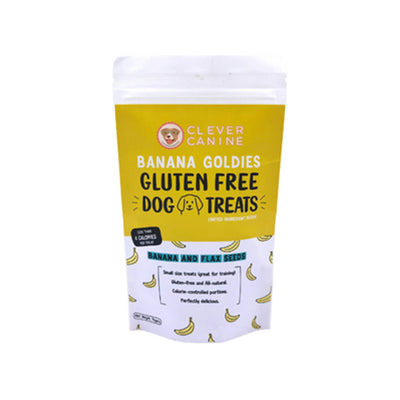
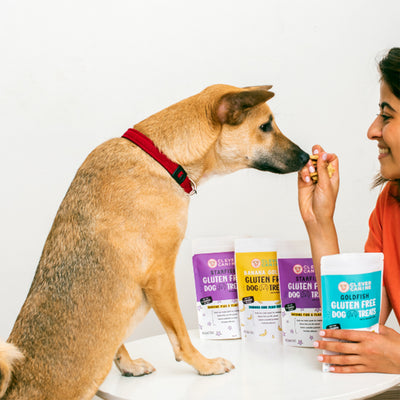
![5 Fun Facts About [Popular Pet Breed]](http://www.petkonnect.in/cdn/shop/articles/5_Fun_Facts_About_Dog_Pet_Breeds.png?v=1716969117&width=400)


